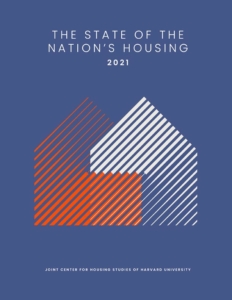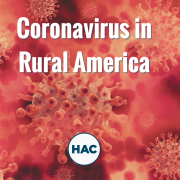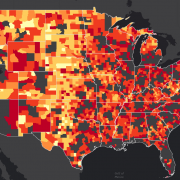If the coronavirus pandemic has impacted your finances so that you can’t keep up on your rent, utilities, or mortgage payments – or if you are trying to help someone in this situation – this page is for you. It lists resources where you can get advice, information about financial assistance, and more.
Updated August 27, 2021 – On August 26, the Supreme Court invalidated the Centers for Disease Control’s moratorium on evictions. State or local moratoriums are still in effect in some places.
Help paying your rent
Search for rent and utilities help in this list of over 480 programs across the United States run by states, counties, and cities. The list is also available on this site from the National Low Income Housing Coalition, including notes about which programs are currently taking applications.
If you can’t access either of these lists online, call HUD at 1-800-569-4287 to find a housing counseling agency near you. Then call the housing counseling agency for help finding rent assistance.
Other information for renters
This step-by-step guide for people at risk of eviction was prepared by the U.S. Interagency Council on Homelessness.
Some state and local governments have protected residents against eviction. This summary of state and local eviction protections is offered by a legal assistance site, which warns the information can change quickly.
Information about the kinds of help available for renters and advice about what you can do to protect yourself is posted here by the Consumer Financial Protection Bureau.
Legal advice
Legal Aid offices can provide free legal assistance to people with low incomes. To find a Legal Aid office, search on this site.
Housing counseling
HUD sponsors housing counseling agencies throughout the country that can provide free advice on renting, defaults, foreclosures, credit issues, and buying a home. Services from HUD-certified housing counseling agencies provide unbiased and free information. To find a HUD-certified agency in your area, search this site or call HUD at 1-800-569-4287.
Help for homeowners
Information for homeowners is collected on this website.
If you have a mortgage from one of the programs in the list below, the lender can foreclose on you because foreclosure moratoriums ended on July 31. But they cannot evict you – moratoriums on evictions of homeowners were extended through September 30.
Information about mortgage forbearance (delayed payments) and other options for homeowners is available from the Consumer Financial Protection Bureau.
Information for homeowners with VA mortgages
Information about assistance to help veterans avoid eviction is provided by the U.S. Department of Veterans Affairs.
New Protections for Homeowners with VA Mortgages, Effective July 27 is an article from the National Consumer Law Center.
Information for owners of rental property
If you need help because your tenants can’t pay rent, advice and resources are posted on this site by the Consumer Financial Protection Bureau.
If your mortgage is owned by Fannie Mae or Freddie Mac (check here and here to find out), contact the bank you send mortgage payments to and request a temporary delay in making payments.
More information on housing assistance
The U.S. Department of Housing and Urban Development (HUD) has compiled this website with links to many different kinds of housing help.

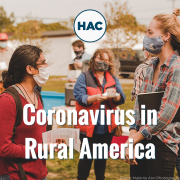
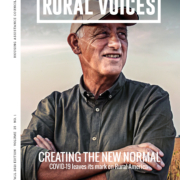
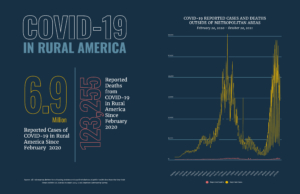
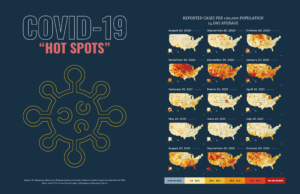
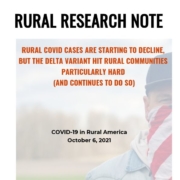 HAC
HAC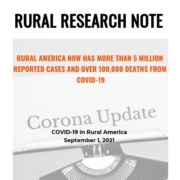
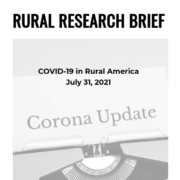 Housing Assistance Council
Housing Assistance Council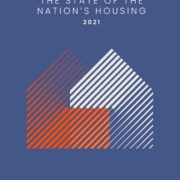 Harvard Joint Center for Housing Studies
Harvard Joint Center for Housing Studies